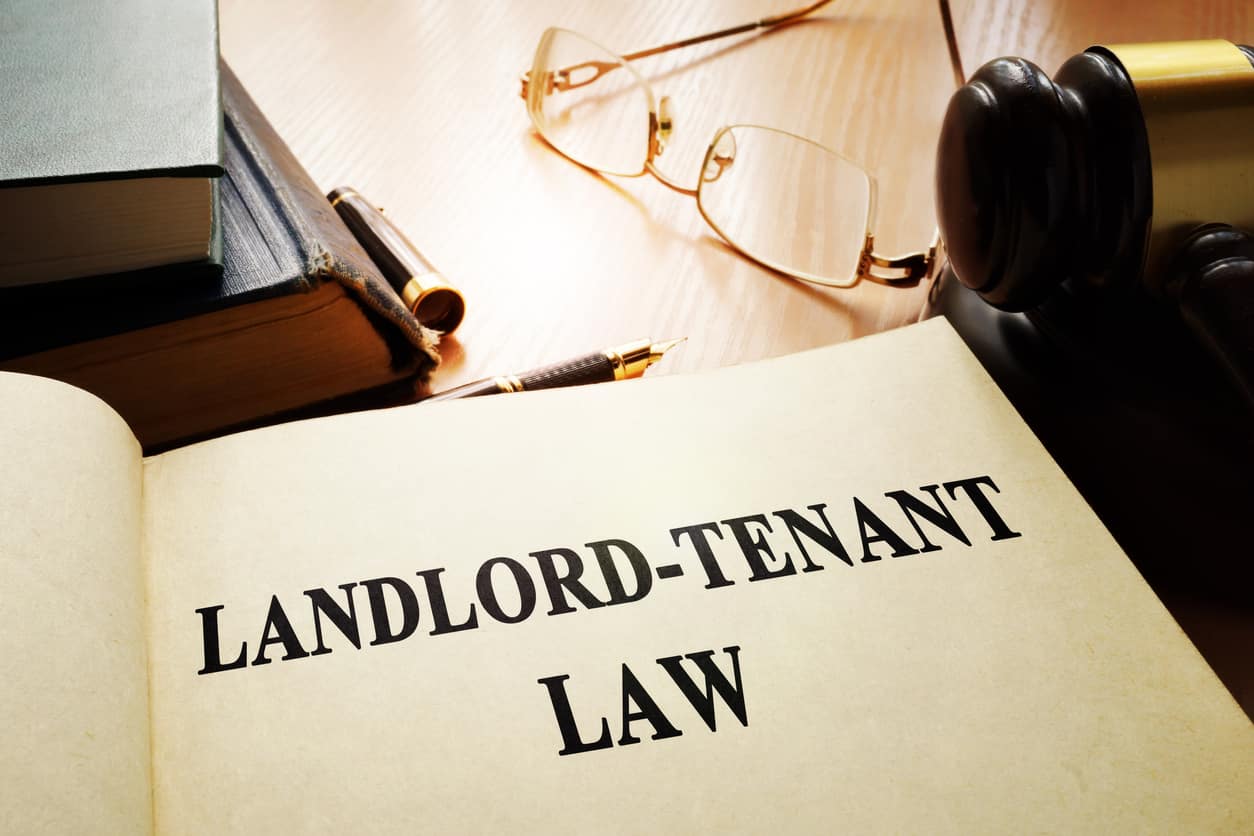If your child is preparing to head off to college in the coming weeks, he or she is not the only one feeling some pressure and excitement. As a parent of a college, you also have a lot to think about and worry about, whether your child is going to school in the same city or moving across the country.
One concern you may have is where your child is going to live. Many students live off-campus in apartments or rental houses. This allows them much more freedom and independence than if they lived on campus, but it comes with some important responsibilities of which parents should also be aware.
- Whoever signs the lease is ultimately responsible for payment. In many cases, parents sign or co-sign a lease for their child, which means that if your child and/or his or her roommates do not pay rent, you could be on the hook for payment.
- A property can be too good to be true. Property owners in college towns know how to appeal to students. However, if the amenities and offers that attract young renters seem too good to be a true, a parent would be wise to investigate.
- The lease is a legal document. Make no mistake about it: a lease is a legal document. Once you or your child signs it, you (or they) are agreeing to the terms set in that document. Make sure you read it thoroughly and address any questionable terms.
- Issues can arise with the security deposit. A landlord might wrongfully withhold the deposit or take the money and run off without your child getting the property. To avoid this, make sure you do some research into the property owner, ask a lot of questions and again, read the lease and terms of the security deposit thoroughly.
As a parent, your children’s safety and well-being is likely your top priority when they are away at school. Ensuring they have a good place to live and are not being scammed or cheated out of money is a responsibility you should take seriously.
If a dispute does arise between the landlord and you or your child, it is important to take that seriously as well. Working with an attorney to protect your rights and resolve the matter fairly can be in your best interests.



